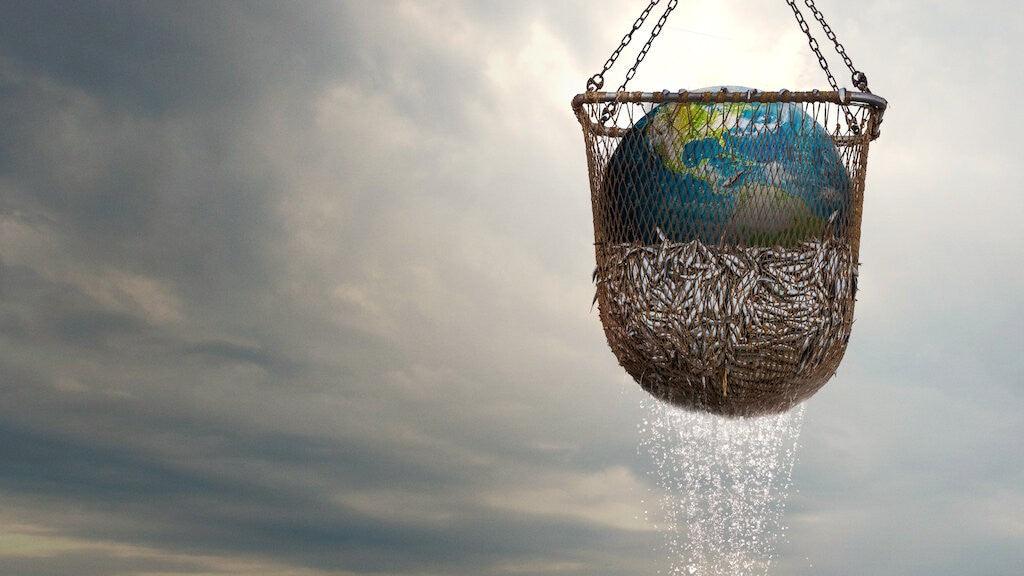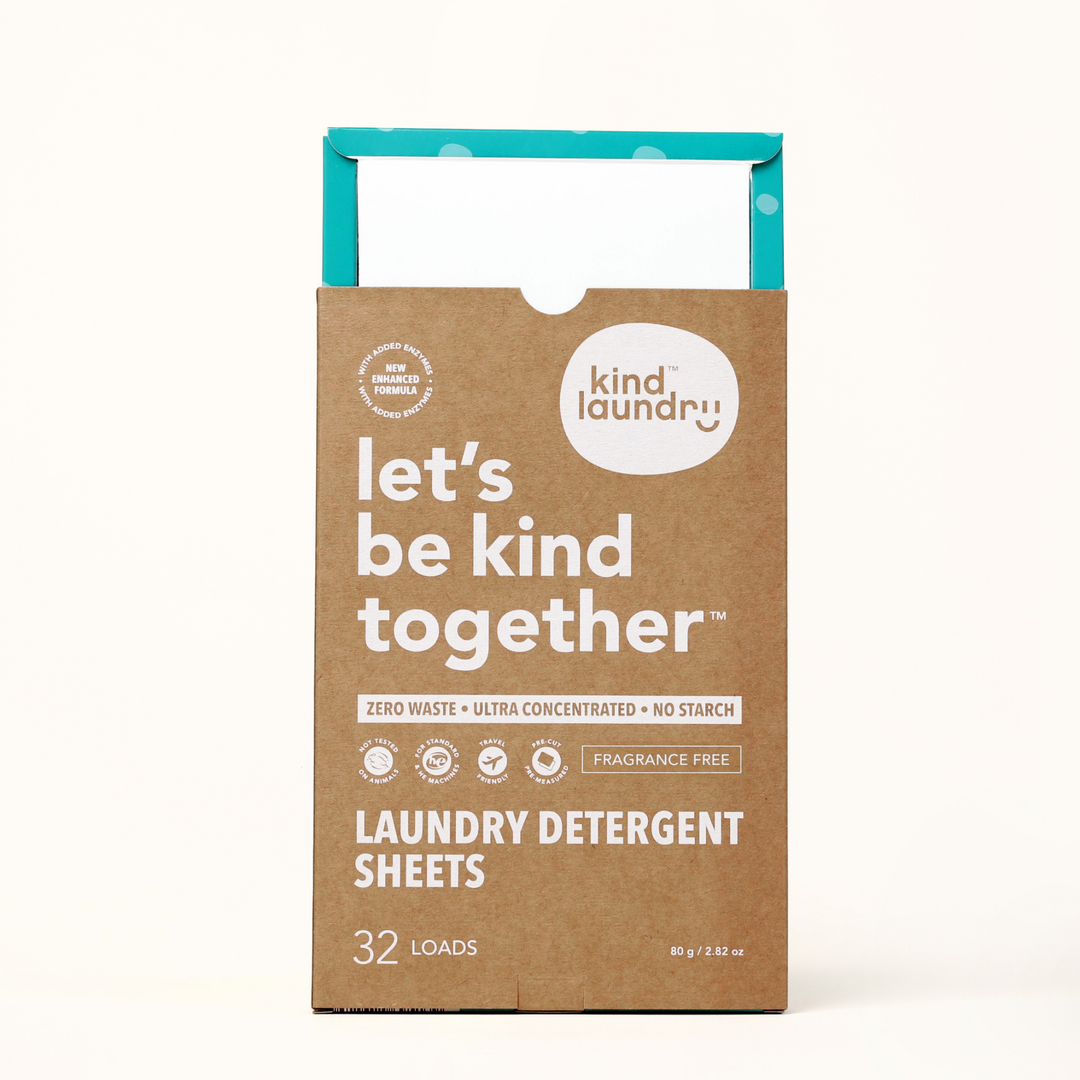Recently released and controversial, Netflix’s Seaspiracy has caused a stir, and not necessarily for the reasons you might think. This trending, 90-minute documentary, while initially praised and given rave reviews, has since come under fire for some of its facts. Many experts, including marine biologists, assert that while the documentary may be insightful there are many inaccuracies, calling into question the credibility of the entire film.
In a world full of countless charities and individuals pushing for ecological change, it can be hard to know who to trust. How do we weed out inaccuracies and pinpoint integrity from the media we consume? There is no single, simple answer, however, it certainly pays to never accept anything at face value as we will discover with this Seaspiracy fact check.
Key Facts Stated In Seaspiracy
Seaspiracy progress in an easy-to-follow format and outlines some major issues or consideration such as:
- The slaughter of animals in inhumane conditions.
- Certification labels that claim fish safety cannot be trusted.
- Lack of integrity from some major ocean-focused activist groups and charities.
- The prevalence of slavery and mistreatment of workers in commercial fishing.
- The volume and type of plastic pollution in our oceans.
- How commercial fishing is contributing to the deforestation of the ocean floor.
- The lack of government involvement or proper regulations.
According to Forbes, however:
“Seaspiracy unloads information at a pace too fast to fully grasp, let alone critically evaluate. The film’s “just trust me” attitude runs counter to today’s culture of facts, science, and truth.”
What Facts Were True?
There is no doubt that Seaspiracy, through pointing out some of the major facts has drawn much-needed attention to issues within the commercial fishing industry and our marine environments. It also addresses and raises awareness for the mistreatment of animals. The film is encouraging us to assess our eating habits and their environmental impacts.
Additionally, it outlines some key misconceptions and false facts about plastic waste in our oceans, which were both fascinating and disturbing. Perhaps the most thought-provoking aspect of the film was the assertion that the term ‘sustainable’ cannot be adequately defined. This led to discussion around the use of sustainability as a form of greenwashing. Something we all need to be conscious of when purchasing ‘sustainable’ products or pursuing a more eco-conscious lifestyle.
What Facts Need Further Consideration?
Every filmmaker has an inherent bias in their approach, the agenda of the film to create shock and awe is obvious, but it does avoid addressing some issues and uses questionable facts and sources to back up its message.
Retracted Facts
Take for instance the horrifying claim that our oceans will be empty of fish by 2048, this was based upon a statistic released in 2009 which has since been retracted. Many ecologists now agree that was never a genuine statistic and should not have been included as support fact for the message of the film.
Additionally, some Seaspiracy facts are not used transparently. For instance, the assertion that 46% of the plastic in the ocean is fishing-related. This is only true for the Great Pacific Garbage patch, not the ocean as a whole.
This ‘cherry-picking’ of facts contributes to concerns about the accuracy of the film overall.
Privilege Over Poverty
The fact that Seaspiracy is suggesting we all should just stop consuming fish has been categorized as a privileged solution. The fishing carried out by necessity for impoverished communities was not addressed in the film. As NGO Ocean points out:
“Choosing to abstain from consuming seafood is not a realistic choice for the hundreds of millions of people around the world who depend on coastal fisheries – many of whom are also facing poverty, hunger and malnutrition.”
Shock Value Over True Solutions
Seaspiracy raises a huge number of concerts in a dramatic and overgeneralized fashion but does not adequately address each point. Meaning no real workable solutions are offered, leaving viewers feeling helpless and unsure of what happens next. Solutions such as regenerative agriculture or policy reform were completely overlooked.
Lack Of Representation
Seaspiracy has also been accused of whitewashing and not representing BIPOC or indigenous narratives. 90% of those who fish for their livelihood do so on a very small scale, making blanket statements about stopping fishing or eating fish does not take these groups or their survival into account.
It has also been criticized for its ‘white saviour’ mentality, whereby white people promote their ability to ‘save’ people from less privileged backgrounds.
Be Careful What Facts You Consume
If the Seaspiracy facts left you feeling horrified, overwhelmed and powerless, you’re not alone. While the filmmaker’s intentions were no doubt good, overwhelming viewers with problems, debatable facts and no feasible solutions can do more harm than good. This fear-mongering is rarely productive and our focus needs to remain on activism.
Whether that be making better choices about what we buy and use in our home, where we donate our time or funds or what we choose to eat, it all contributes towards global change.
Be conscious of what you read, hear and watch. Always take the time to scrutinize it before accepting it as gospel truth. At Kind Laundry, we promise to be right alongside you doing what we can to effect positive change. Being kind to our environment shouldn’t be a choice, we believe it’s a lifestyle.
We encourage you to continue taking small, achievable steps towards a better world. We aim to help you do this by eliminating plastic from your laundry and stopping toxic chemicals from entering marine environments via your next wash day.























